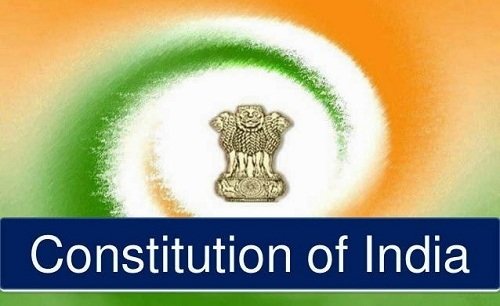In a significant development, Members of Parliament (MPs) from both the Lok Sabha and the Rajya Sabha have reached an agreement to conduct comprehensive debates on the Constitution. This decision follows a period of parliamentary deadlock and is set to take place in mid-December.
Breakthrough After Parliamentary Impasse
The consensus emerged after an all-party meeting convened by Lok Sabha Speaker Om Birla on December 2, 2024. The discussions aimed to resolve recent disruptions in parliamentary proceedings and to commemorate the 75th anniversary of the Constitution’s adoption. Union Minister Kiren Rijiju announced the agreed-upon schedule:
- Lok Sabha: December 13 and 14
- Rajya Sabha: December 16 and 17
Minister Rijiju emphasized the importance of uninterrupted parliamentary sessions, urging all parties to adhere to the agreement and ensure smooth functioning from the following day.
Significance of the Debates
These debates are poised to serve multiple purposes:
- Commemoration: Honoring the 75th year since the Constitution’s adoption.
- Reflection: Evaluating the Constitution’s role in shaping India’s democratic framework.
- Deliberation: Discussing potential amendments and reforms to address contemporary challenges.
The initiative reflects a collective commitment to uphold democratic values and engage in constructive dialogue.
Historical Context

The Indian Constitution, adopted on November 26, 1949, and enacted on January 26, 1950, is the world’s lengthiest written constitution. It establishes the structure, powers, and duties of government institutions and delineates fundamental rights and duties of citizens. Over the years, it has undergone numerous amendments to adapt to evolving socio-political dynamics.
Anticipated Outcomes
The forthcoming debates are expected to:
- Foster Bipartisanship: Encourage collaboration across party lines on constitutional matters.
- Enhance Public Awareness: Illuminate the Constitution’s significance and its impact on daily life.
- Guide Future Legislation: Inform potential constitutional amendments and legislative reforms.
By facilitating these discussions, Parliament aims to reinforce democratic principles and address issues pertinent to India’s progress.
Conclusion
The agreement to hold Constitution debates in both houses of Parliament marks a pivotal moment in India’s legislative process. It underscores the importance of dialogue and cooperation in addressing national issues and reaffirms the commitment to democratic governance. As the dates approach, the nation anticipates insightful deliberations that will contribute to the strengthening of India’s constitutional framework.
Santosh Kumar is a Professional SEO and Blogger, With the help of this blog he is trying to share top 10 lists, facts, entertainment news from India and all around the world.
